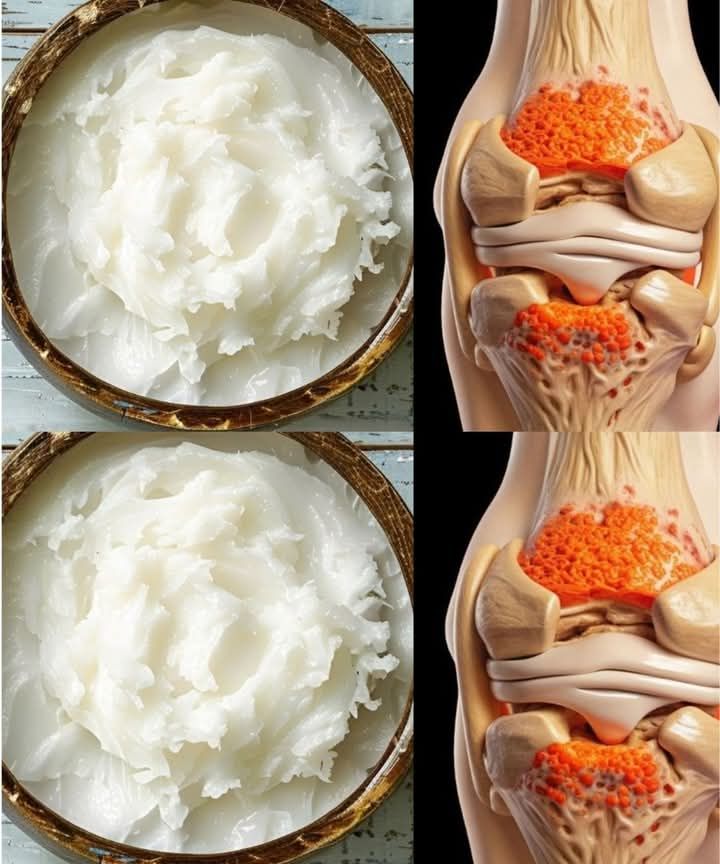Introduction
Knee pain and stiffness can significantly impact your quality of life. Often, this discomfort stems from cartilage damage, which can occur due to injury, overuse, or age-related degeneration. While rebuilding cartilage is a complex process, incorporating specific foods into your diet can provide essential nutrients to support joint health and potentially aid in cartilage regeneration. This article explores the foods you should focus on to promote healthy knee cartilage.
Foods to Support Knee Cartilage Regeneration
Bone Broth: A Collagen Powerhouse
Bone broth is a traditional remedy rich in collagen, a protein vital for cartilage structure and function. As we age, collagen production naturally declines, making bone broth a valuable dietary addition.
- Benefits: Provides readily available collagen, glucosamine, chondroitin, and hyaluronic acid, all crucial components for joint health and cartilage repair.
- How to Consume: Drink it as a soup, use it as a base for sauces, or add it to stews.
Foods Rich in Vitamin C: Antioxidant and Collagen Booster
Vitamin C is an essential nutrient that plays a critical role in collagen synthesis. It also acts as an antioxidant, protecting cartilage cells from damage caused by free radicals.
- Examples: Citrus fruits (oranges, lemons, grapefruits), berries (strawberries, blueberries, raspberries), bell peppers, broccoli, and kiwi.
- Benefits: Promotes collagen production, reduces inflammation, and protects cartilage from oxidative stress.
Omega-3 Fatty Acids: Reduce Inflammation and Support Joint Health
Omega-3 fatty acids, particularly EPA and DHA, possess potent anti-inflammatory properties, which can help alleviate joint pain and potentially slow down cartilage degradation.
- Sources: Fatty fish (salmon, mackerel, sardines, tuna), flaxseeds, chia seeds, walnuts.
- Benefits: Reduces inflammation, supports joint lubrication, and may improve cartilage integrity.
Cruciferous Vegetables: Sulforaphane for Cartilage Protection
Cruciferous vegetables contain sulforaphane, a compound that has shown promise in protecting cartilage from breakdown. Research suggests it may help inhibit enzymes that degrade cartilage.
- Examples: Broccoli, cauliflower, Brussels sprouts, cabbage, kale.
- Benefits: May protect cartilage from damage and slow down the progression of osteoarthritis.
Foods Rich in Hyaluronic Acid: Joint Lubrication and Shock Absorption
Hyaluronic acid is a naturally occurring substance in the body that helps lubricate joints and acts as a shock absorber. While not directly rebuilding cartilage, it supports joint function.
- Sources: Organ meats (liver, kidney), bone broth. Although less direct sources, foods rich in nutrients that support hyaluronic acid synthesis are beneficial, such as magnesium-rich foods (spinach, almonds, avocados).
- Benefits: Improves joint lubrication, reduces friction, and enhances shock absorption, which can protect existing cartilage.
Gelatin: A Dietary Source of Collagen
Gelatin is derived from collagen and contains amino acids essential for cartilage formation. It’s a cost-effective way to supplement your diet with collagen-related compounds.
- Benefits: Provides amino acids that may support cartilage repair and reduce joint pain.
- How to Consume: Make gelatin desserts, add it to smoothies, or use it as a thickening agent in soups and sauces.
Lean Protein: Building Blocks for Tissue Repair
Protein is essential for tissue repair and regeneration. Ensuring adequate protein intake provides the necessary building blocks for cartilage synthesis.
- Examples: Chicken, turkey, fish, beans, lentils, tofu.
- Benefits: Provides amino acids for cartilage repair and overall joint health.
Conclusion
While diet alone may not completely rebuild damaged knee cartilage, incorporating these foods into a balanced diet can provide essential nutrients to support joint health, reduce inflammation, and potentially aid in cartilage regeneration. Remember to consult with a healthcare professional or registered dietitian for personalized advice on managing knee pain and supporting cartilage health. They can help you create a tailored dietary plan and recommend other therapies, such as physical therapy and appropriate exercise, to complement your dietary efforts.
